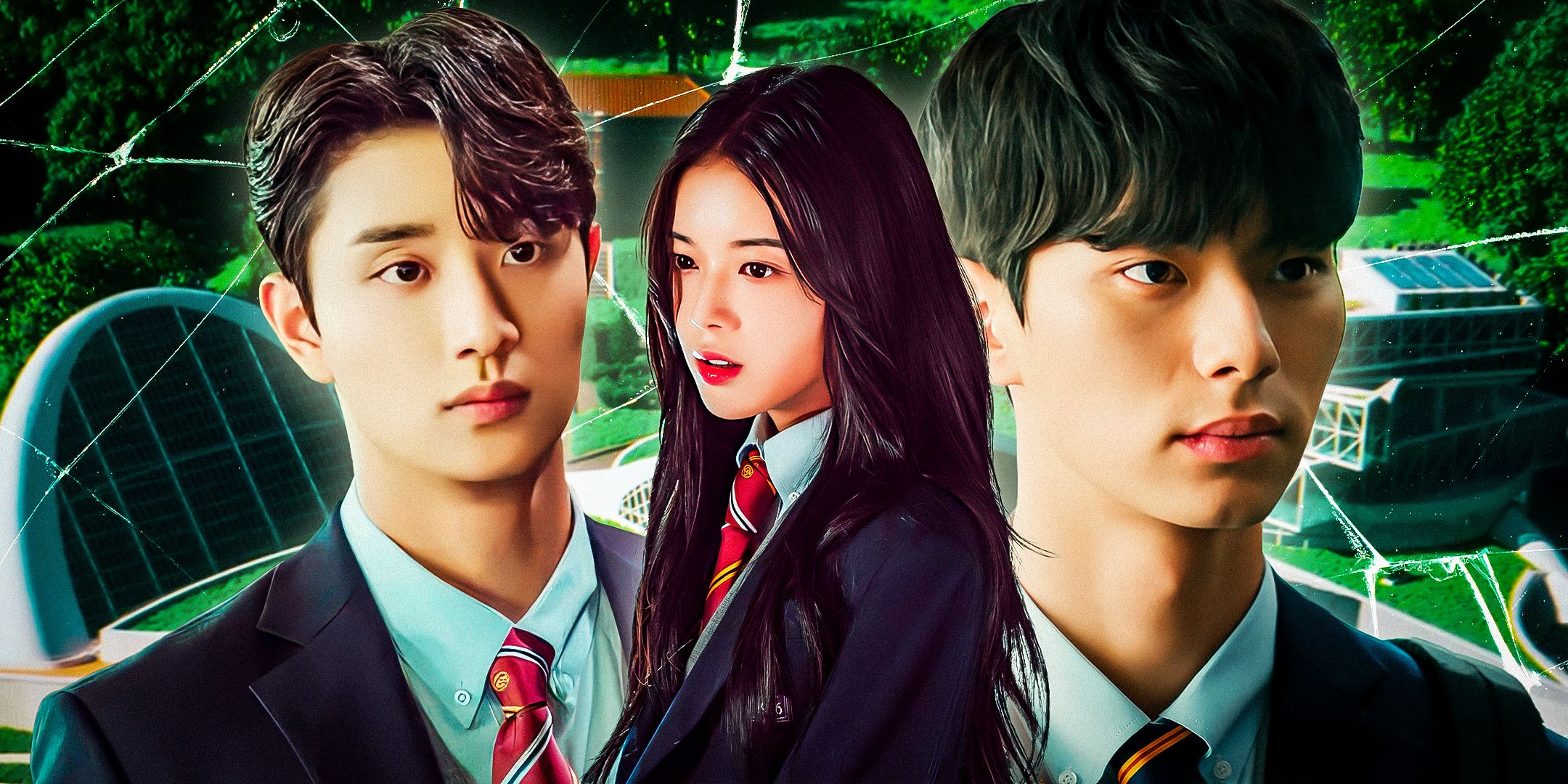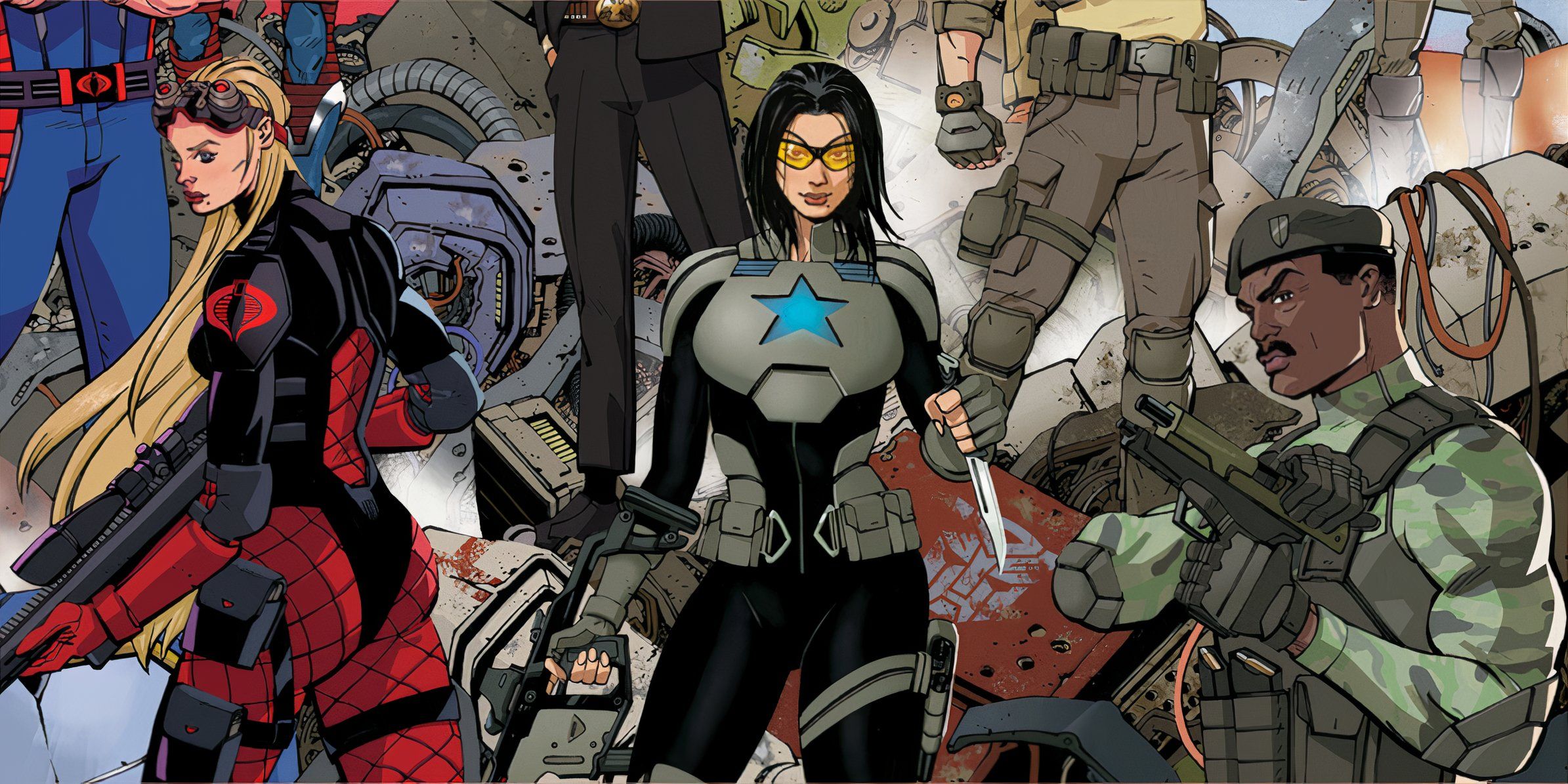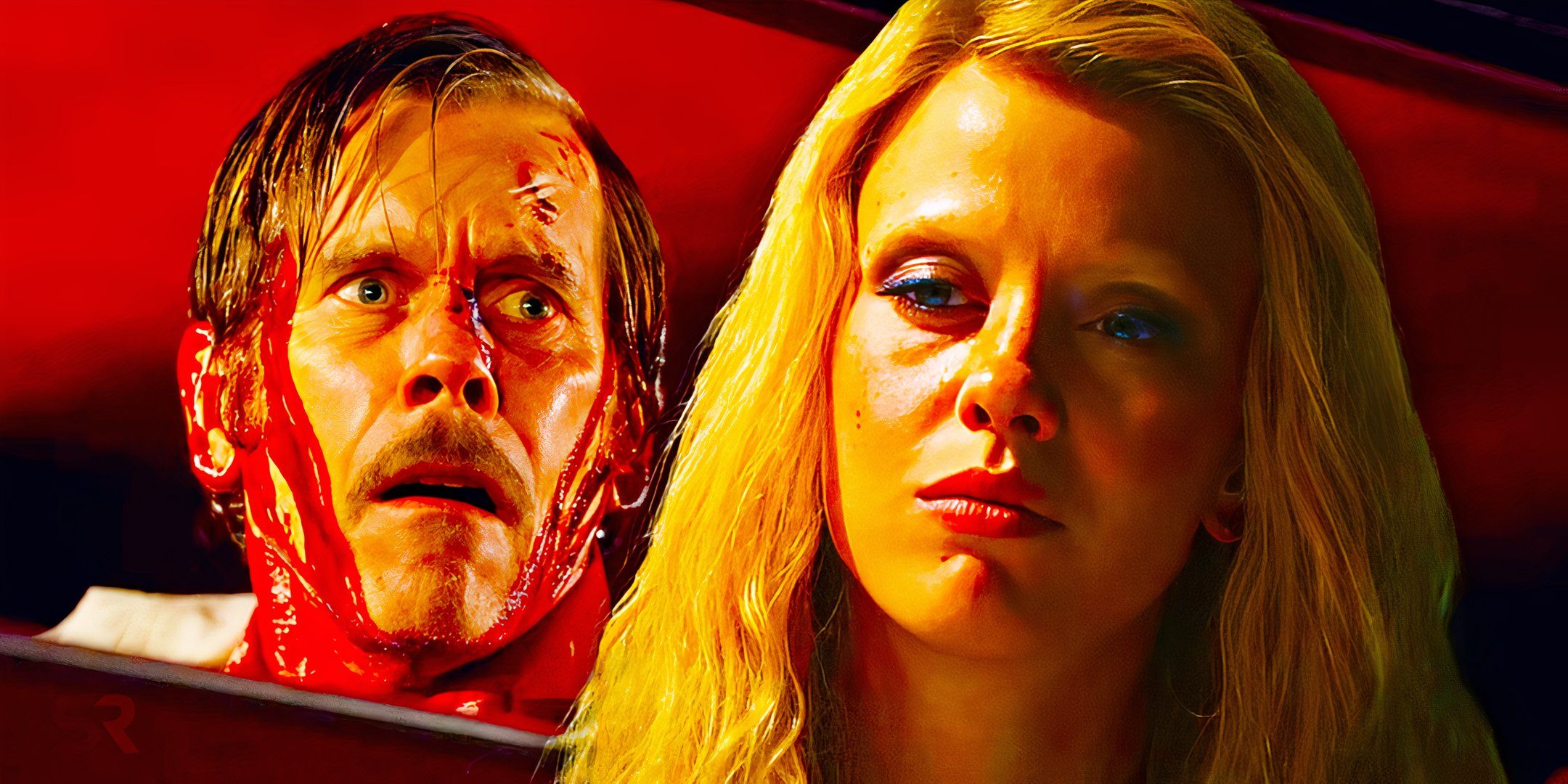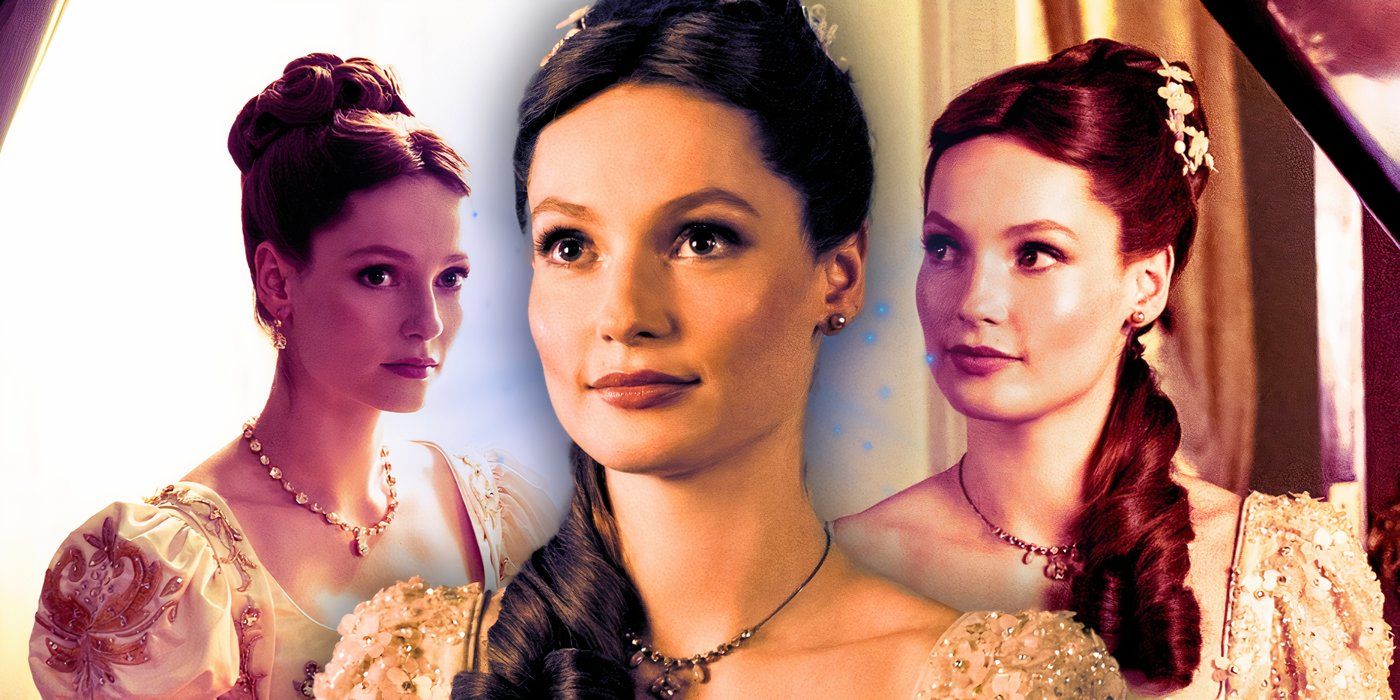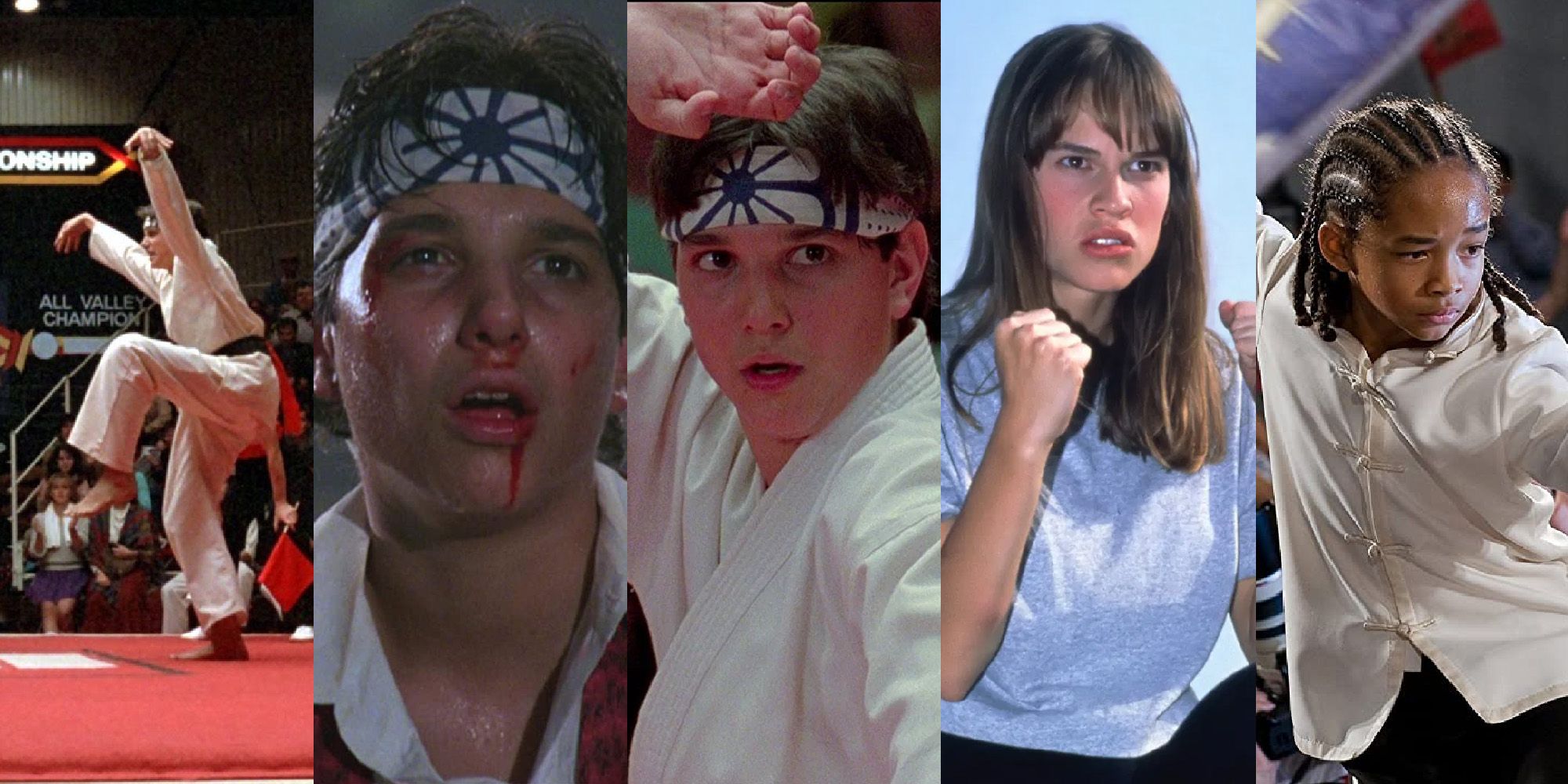The build-up to Star Wars: The Rise of Skywalker is mounting its final push, but in order to sell the movie Disney is rejecting its predecessor, Star Wars: The Last Jedi. Star Wars 9 sees J.J. Abrams return to finish the sequel trilogy he started, closing out not only the new set of Star Wars movies but also the nine-film story that makes up the Skywalker Saga.
Of course, Abrams is picking things up in the wake of the most divisive installment in the entire franchise, Star Wars: The Last Jedi. Written and directed by Rian Johnson, The Last Jedi broke Star Wars fandom, with some fans hailing it a masterpiece, and others deriding it for ruining the saga. It was certainly designed to be a challenging piece of work, for the characters, the actors, and ultimately the audience.
However, the backlash to The Last Jedi has generally been among fans, with arguments regularly breaking out online over the past two years. As we inch closer to the release of Star Wars: The Rise of Skywalker, though, that’s shifting into part of Disney’s marketing strategy.
Disney Always Defended The Last Jedi – Until Now
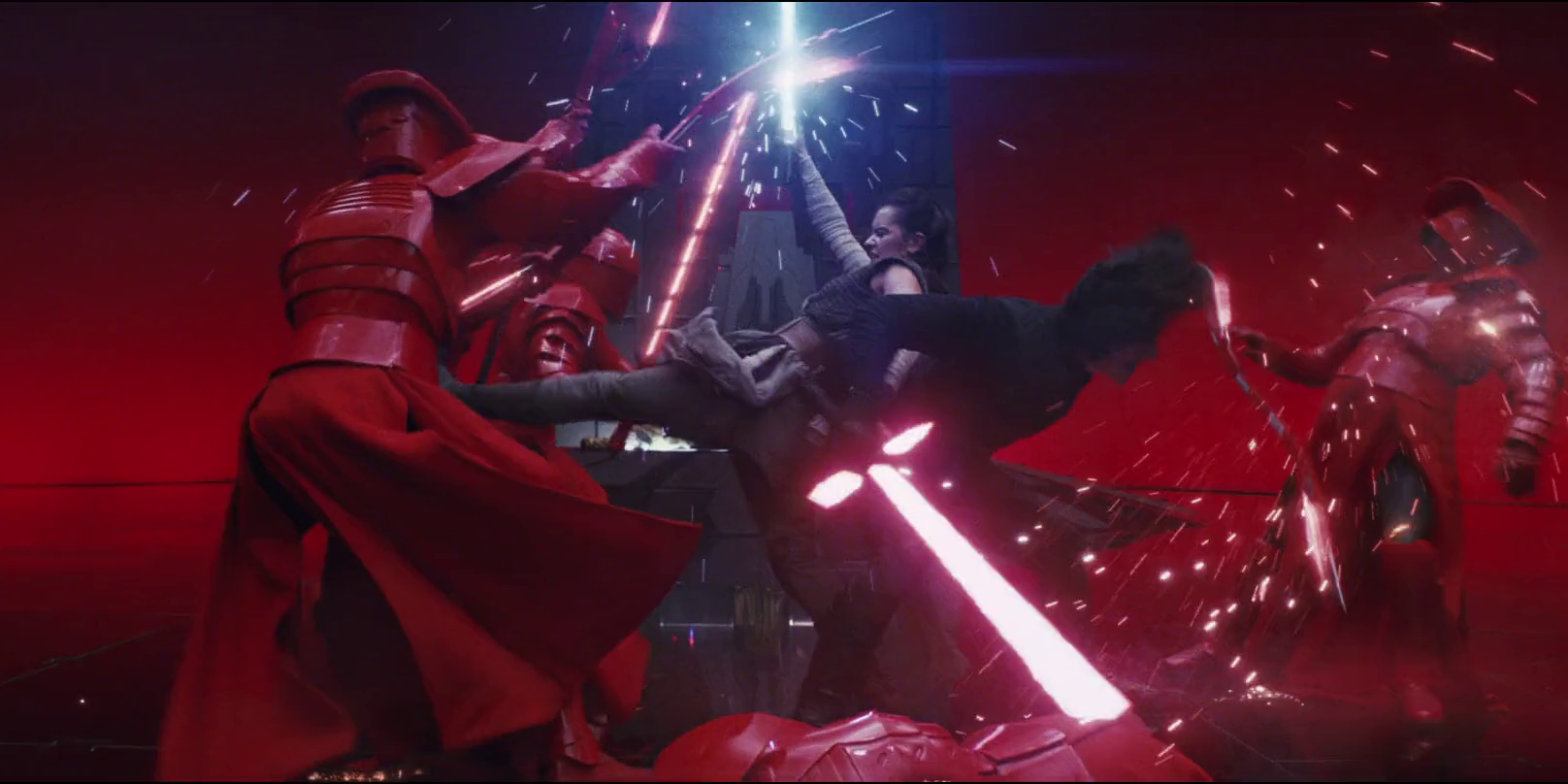
Before Star Wars: The Last Jedi was even released, Rian Johnson was handed his own Star Wars trilogy, which suggested a huge amount of faith in the upcoming movie. It was made clear by Lucasfilm President Kathleen Kennedy that it’d been a great pleasure working with Johnson on The Last Jedi, and that it was just the beginning of their partnership. Whether Johnson’s Star Wars trilogy will still happen remains to be seen, but otherwise Lucasfilm and Disney have been consistent in backing The Last Jedi.
Kennedy herself has spoken up for the film numerous times since release, while cast members have too. Oscar Isaac, for instance, defended Poe Dameron’s failure of leadership (one of the main points of contention), and Mark Hamill has also spoken a lot in favor of the film. The former is particularly telling, because Hamill was extremely vocal about The Last Jedi and his disagreements with Johnson over the direction of Luke’s arc, but has nonetheless since supported and respected those decisions since release.
J.J. Abrams’ position has been more complicated, as the man who is making the movies before and after The Last Jedi, but he too has generally been positive about the eighth episode, saying it “didn’t derail” his sequel trilogy plans and that, while it went in a different direction, he liked The Last Jedi’s story. Regardless of what personal opinions there might have been held, Disney and Lucasfilm have backed Johnson’s creative decisions and the end product they resulted in.
Now, however, things have shifted, with a much publicised story in The New York Times looking at Star Wars: The Rise of Skywalker, and including interviews with Abrams and the cast. In the piece, Abrams gives credit to The Last Jedi for being “full of surprises and subversion and all sorts of bold choices.” However, that seems slight compared to the follow-up comment, where he says “On the other hand, it’s a bit of a meta approach to the story. I don’t think that people go to Star Wars to be told ‘This doesn’t matter.'” In the same article, Daisy Ridley admits to crying with relief when Abrams returned for Star Wars 9, although that particular comment seems less aimed at Johnson, while John Boyega admits that he’s glad the director is returning because he “wanted to see where that story was going.” The latter comes on the heels of other recent comments from Boyega, who revealed it was “a bit iffy” and that he “didn’t agree with a lot of the choices”. This certainly seems to be a shift in approach from Disney and the Star Wars cast and crew, because it’s being more openly critical just in time to sell Star Wars: The Rise of Skywalker.
The Last Jedi Was Controversial – But That’s Not Bad
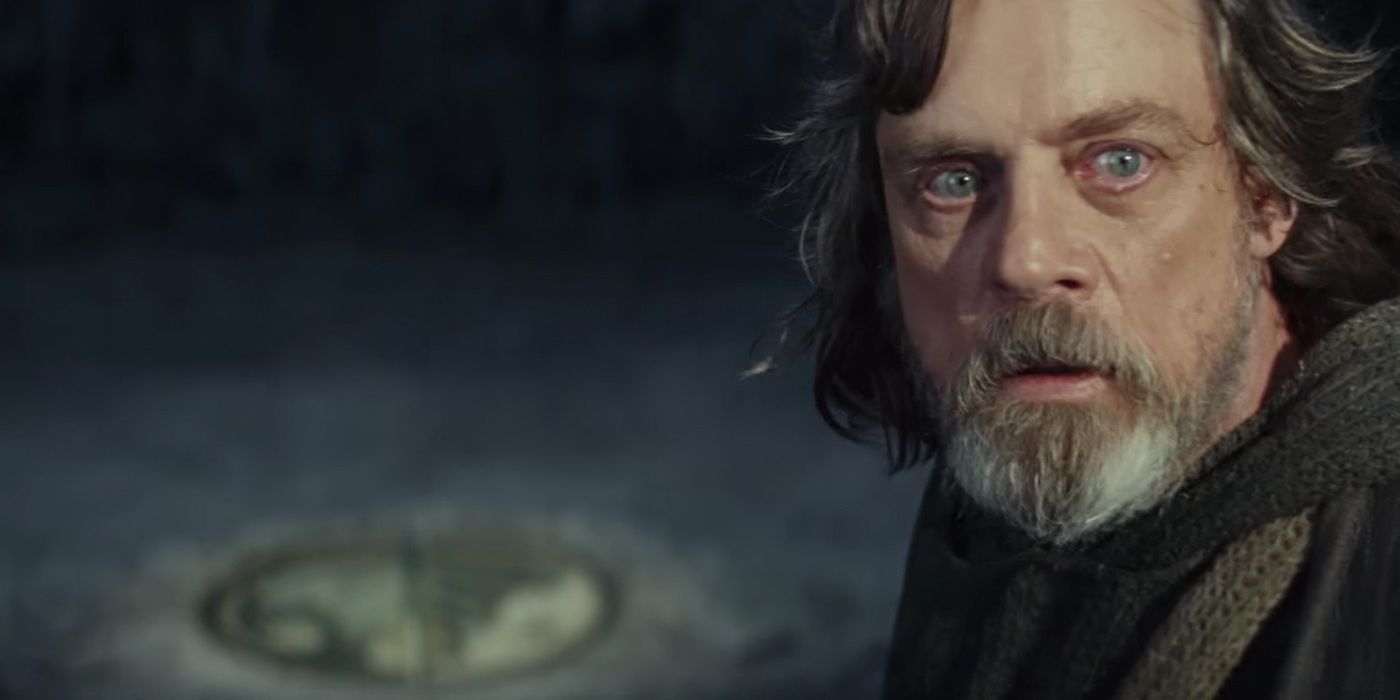
Whether you love it or loathe it (or even just fall somewhere in the middle), there’s no denying that Star Wars: The Last Jedi was a controversial and divisive movie, especially within the franchise it is. Every decision Rian Johnson made in the movie has been picked apart and debated, from Luke’s arc to Snoke’s death to Rey’s parentage reveal (or perhaps lack thereof). It was a film that made bold decisions that not everyone liked, but that isn’t a bad thing.
Yes, there was a backlash that in some parts went too far, especially when it resulted in such personal abuse being aimed at Johnson and, among others, star Kelly Marie Tran, who quit social media over it. That is very much the negative side, but Johnson himself has admitted it’s a minority – albeit a vocal one. Beyond that, however, The Last Jedi has done what all great art should, which is that it’s provided something to inspire passionate debate amongst people, with differing interpretations and responses.
That’s a particularly great thing for a franchise movie to do. So often major studio blockbusters now are simply homogenous affairs, content to play it safe and by the numbers in order to maximize box office revenue and please fans. It’s better for a movie to be daring and refuse to play it safe, even if there’s a negative reaction that comes with it, then it is to simply rehash what’s worked before knowing that it’ll satisfy consumer demand just enough. That isn’t necessarily a criticism of Star Wars: The Force Awakens, where playing it so close to the original Star Wars was understandable given the state of the franchise at that time, but it was important for The Last Jedi to make some drastic choices to help give the franchise a better future and prove it could be something different.
Rise Of Skywalker’s Last Jedi Rejection Is A Mistake
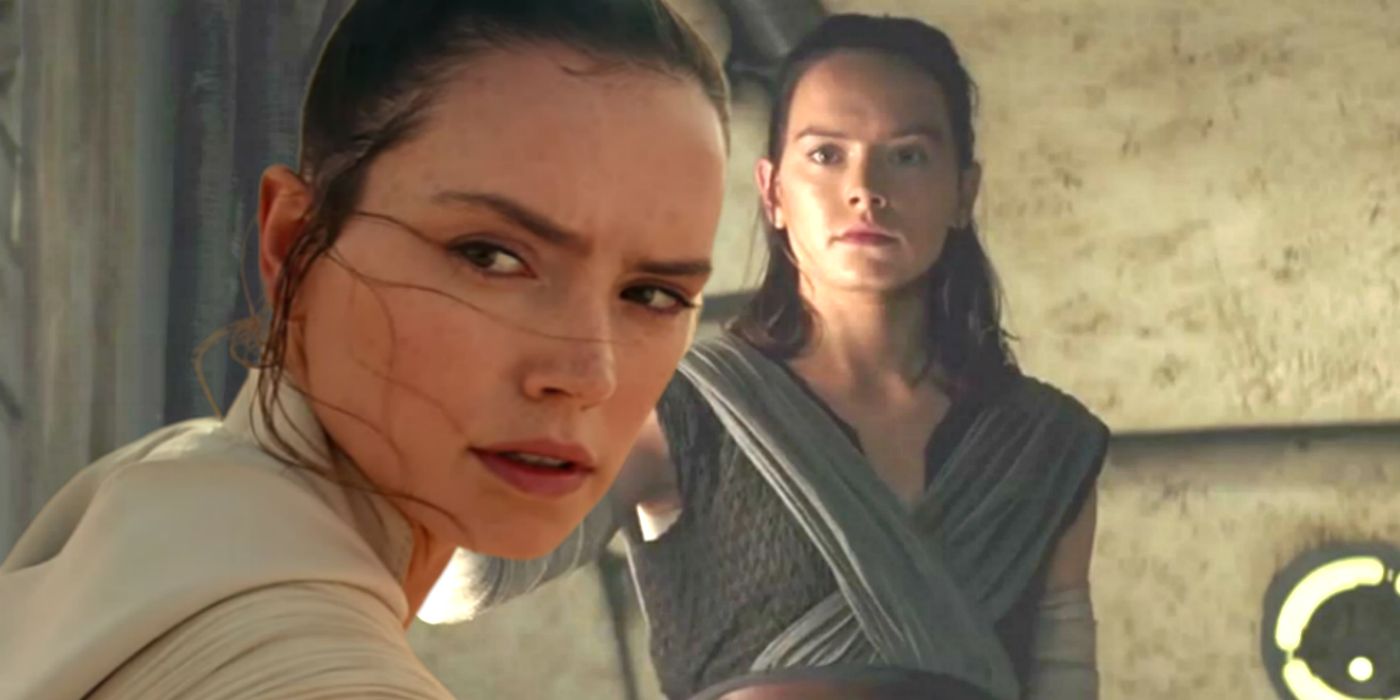
A lot can be read into the various comments that have been made, and while they don’t quite represent Abrams and co grabbing their pitchforks and forming an angry mob of The Last Jedi haters, they aren’t the best approach to the previous movie either ahead of Star Wars: The Rise of Skywalker‘s release. For a start, the comments themselves, regardless of intent, come off as being somewhat crass. Hamill has previously apologized for his remarks, but these, coming long after the fact, are quite dismissive about the work Johnson and so many other people did.
It’s also a slight worry as we head into Star Wars 9 that these comments are coming out, because it doubles-down on the idea that Abrams and Disney see this as a course correction for the saga. In the aforementoned NYT article, Abrams mentions the story needing a “pendulum swing” in The Last Jedi in order to the swing in the other direction now. That suggests he is doing something very different to The Last Jedi, which in turn plays into suspicions that he’ll be looking to service fans as much as possible here, and that could mean playing things safe once again.
Such comments also risk validating the opinions of the vocal minority who have been abusive to Johnson and other figures from The Last Jedi, although that obviously wouldn’t be Abrams intent (and he has spoken out against such areas of the fanbase before). Nonetheless, it doesn’t do anything to heal the fandom, because it might boost the part who hate The Last Jedi, but such comments won’t necessarily please the section who do like it. It also seems a misunderstanding, at best, to take Johnson’s message as being ‘Star Wars doesn’t matter”, given The Last Jedi‘s ending, which on a meta-textual level is all about how much Star Wars does matter. Disney have been extremely spoilerphobic around Star Wars: The Rise of Skywalker, and it’s quite telling that they’d rather be rejecting The Last Jedi to boost the movie rather than give even a plot synopsis for the new one, but it’s not a good look.
Key Release Dates
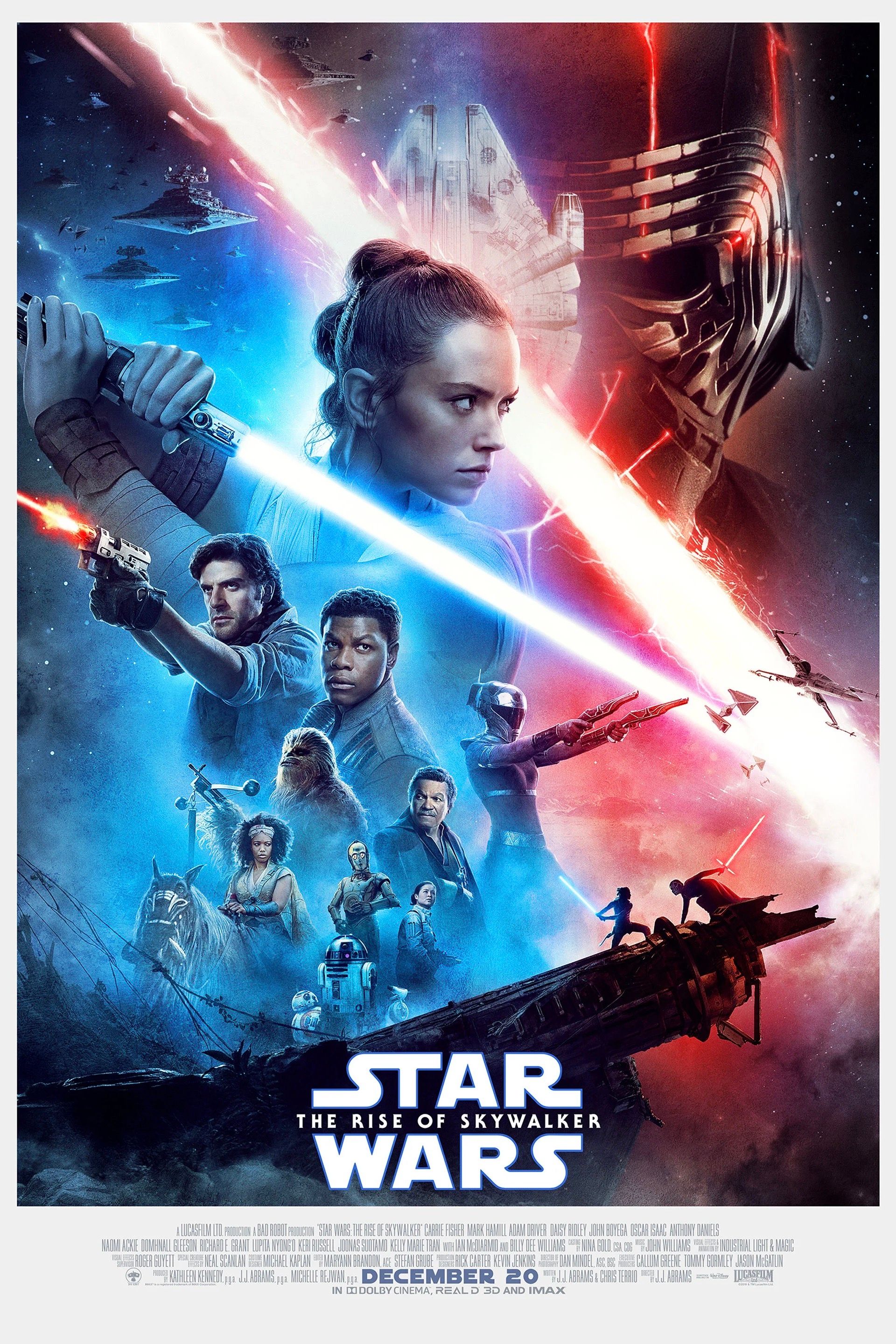
Star Wars: Episode IX- The Rise of Skywalker
Release Date:2019-12-20
